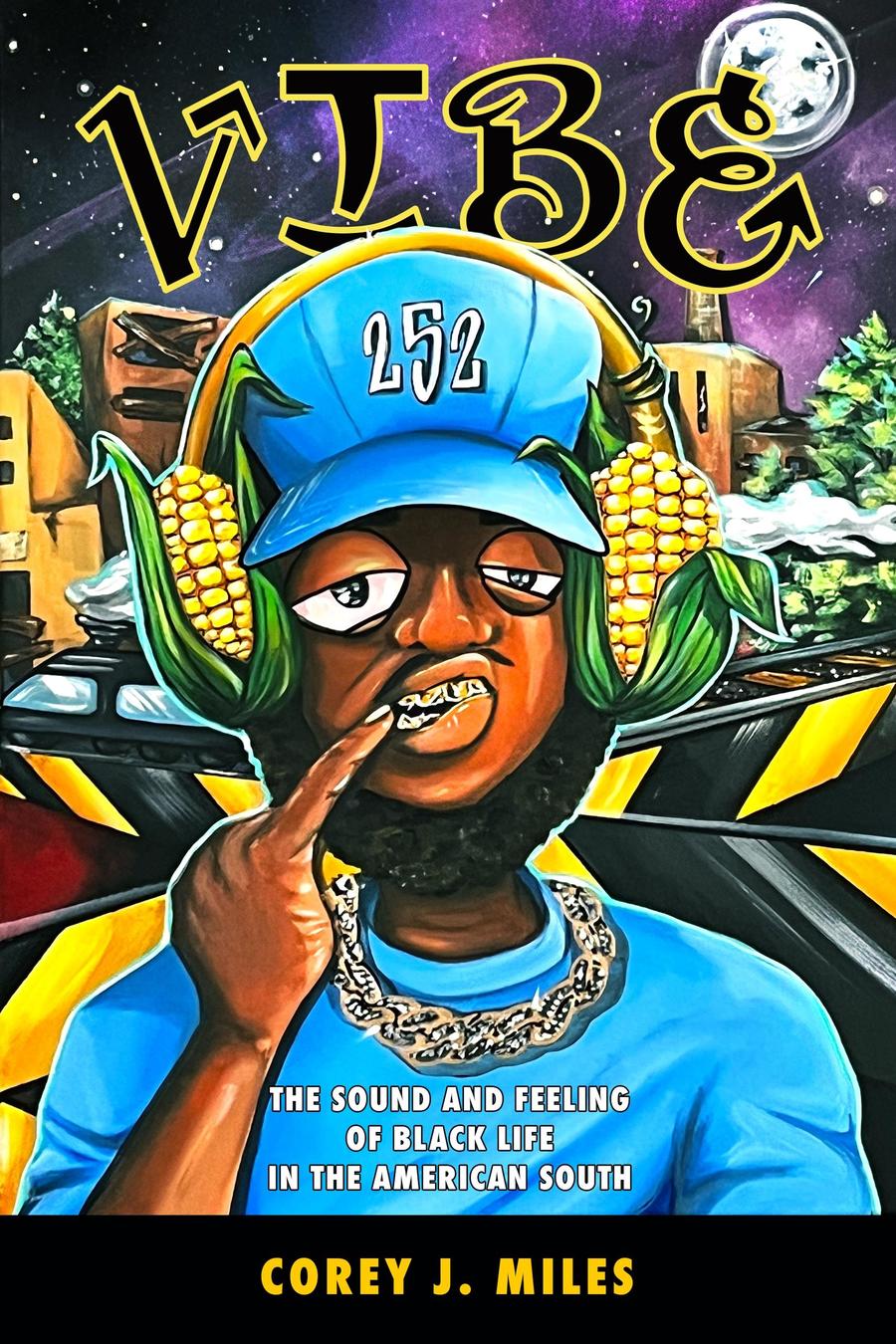Corey J. Miles

Corey J. Miles is an ethnographer of the black South. Currently, he is an assistant professor of sociology and Africana Studies at Tulane University. He has received funding from numerous organizations, such as the American Sociological Association and the Institute of Citizens and Scholars. to engage in research that captures the complexity of black life in the American South. This work has been published in outlets such as Cultural Studies, Humanity and Society, and the Chronicle of Higher Education.
Schedule
9:00 am to 10:00 am
Capitol Park Museum, Auditorium
White Supremacy, Civil Rights, and Violence: Being Black in the American South
with John K. Bardes, Keith M. Finley, Corey J. Miles, and moderator Charisse Gibson
10:15 am to 11:00 am
Cavalier House Books Tent
Book Signing

Vibe: The Sound and Feeling of Black Life in the American South
Where exactly does the South begin and end? Current maps are too rigid to account for the ways Black people have built the South while being simultaneously excluded from it. Drawing from the different ways Black artists in the 2-5-2 area code in North Carolina use "vibe" as a mode of knowing and communication, author Corey J. Miles illustrates how Black feeling and unfeeling offer entry points into the contemporary South that challenge static and monolithic notions of the region. Placing the local artists in conversation with other southern cultural creators such as 2 Chainz, Rod Wave, and Rapsody, these ethnographic narratives demonstrate that there are multiple Souths, with overlapping and distinct commitments to working through pain, sound, and belonging.
In Vibe:The Sound and Feeling of Black Life in the American South, Miles narrates how southern Black sound, feeling, and being is constantly policed, surveilled, and criminalized. In doing so, he re-narrates the region as the "carceral South," to capture the ways people in the South and beyond can feel the emotional weight of the criminalization of Blackness. Pain music, a subgenre of trap music, is used to take the listener to moments of violence to allow them to hear the desires, anger, and silences that bind Black life in community. Through conceptions of ratchet, hood, and ghetto, Black artists turn away from respectable images and unmap the South. In trap music, they move the South to a space where multiple modes of being find respect and care.